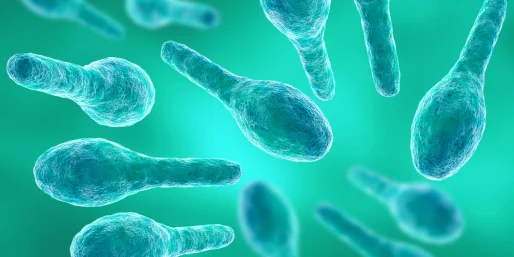Tetanus, also known as lockjaw, is a severe bacterial infection caused by Clostridium tetani, a bacterium found in soil, dust, and animal manure. When these spores enter the body through wounds or cuts, they produce a toxin that affects the nervous system, causing painful muscle stiffness and spasms. Although tetanus is not contagious between people, it can be life-threatening without treatment. Vaccination is the most effective prevention method, but individuals without vaccination or booster shots remain at risk, particularly in contaminated environments. CRID, a leading clinic in Bhayandar, provides expert tetanus treatment in Mumbai, ensuring prompt care to manage symptoms and prevent complications, helping to protect individuals from this potentially fatal condition.
What is Tetanus?
Tetanus, more commonly referred to as lockjaw is a serious bacterial infection caused by bacteria Clostridium Tetani. This bacterium can be present in dust, soil and even animal manure. If the spores of the bacteria infiltrate the body through wounds or cuts they may create a powerful toxin which affects the nervous system and can lead to extreme muscle stiffness and spasms. Tetanus is a disease that can be prevented by vaccination and it is not passed from individual to individual.
How Does Tetanus Occur?

Tetanus is a condition that occurs when Clostridium Tetani spores infiltrate the body through deep cuts or puncture wounds like those caused by knives, nails or bites from animals. However, the spores may also enter through injuries that are less obvious like frostbite or burns. Once inside the body the spores may be active and create an toxin that hinders the nerve signals sent to muscles that cause stiffness and pain.
How Common is Tetanus?
- Jaw stiffness (lockjaw)
- Stiffness of the neck
- The difficulty of swallowing
- Muscle rigidity in the abdominal region
- The pain of muscle spasms across the entire body
- Fever
- Sweating
- Headache
- Tetanus immuneglobulin (TIG) to neutralize the toxin
- The use of antibiotics are used to manage any illnesses
- Medicines to manage muscle spasms
- Helpful care that may require hospitalization to monitor and manage of any complications
Tetanus is a relatively rare affliction within the United States due to widespread vaccination. However, cases do be seen, especially among those who have not received vaccines as well as booster shots. The U.S., there are about 30 cases reported of tetanus per year, with the majority of cases occuring in adults who are not vaccinated. The prevalence of tetanus is greater in areas with lower vaccination rates.
Symptoms
Tetanus symptoms typically start approximately 8 days after the infection, but may last between 3 days and three weeks. The most common symptoms are:
In extreme cases spasms could lead to complications, such as fractures or respiratory problems.
Treatment
If someone is infected with Tetanus, prompt medical attention is required. Treatment could consist of:
It is essential to start the treatment process as quickly as is possible as symptoms start to decrease its severity. disease.




